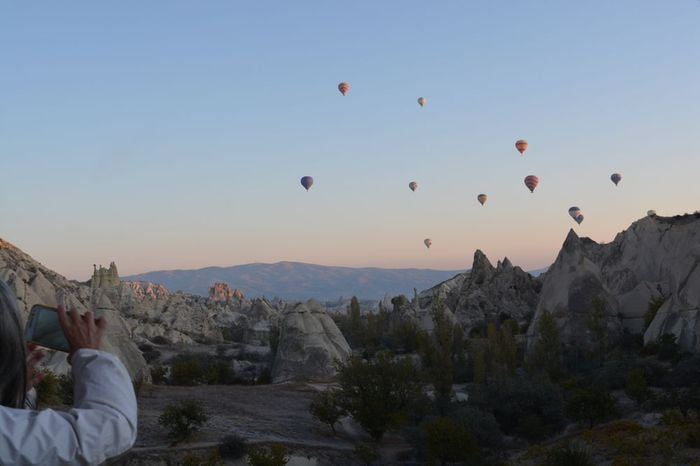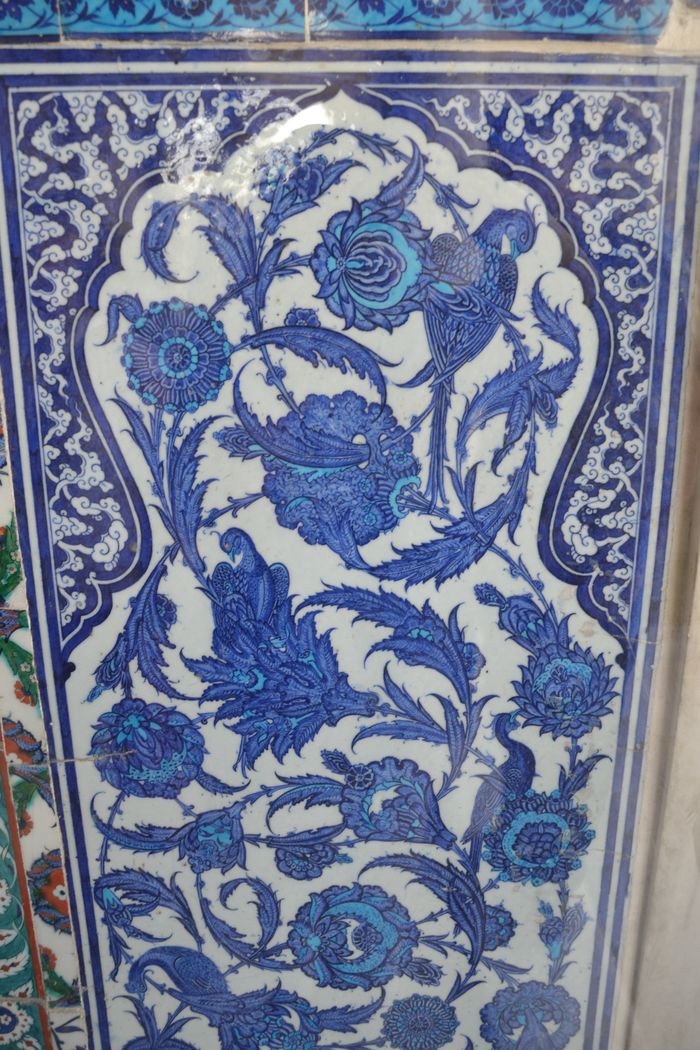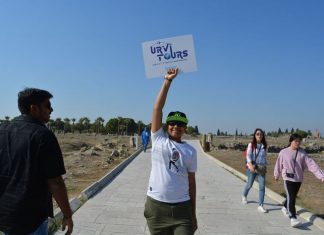Not, Theoderic assures the Verrucans, that they need to be so cautious “in our times”—but it’s always good to prepare for storms in times of calm, for winter in mild weather. A charming riff on birds and fishes makes the point. All true, no doubt, but the strategic point remains that this is the age in which those fortified hill towns begin to take on their individual identity, as the unity and peacefulness of the Italian peninsula, brought about by Roman cruelty and assertiveness centuries before, began to dissipate. Rome itself had begun on the tops of the seven hills, and the descent into the forum and the Campus Martius was the symbol of a community gaining in confidence. The movement now began to go the other way.
All in all, shall we still say, “Not bad for a barbarian” ? Every account of Theoderic’s career has that sniffing, patronizing judgment somewhere in the background, spoken or unspoken. His praise for civilitas is universally noted as a theme of his regime, then discounted as something imposed on him, spin from his spin doctors—as if such ideas had come naturally to the hard men who had been emperors ioo or 400 years before. Civility and toleration are not nothing, and a regime that seeks to promote them will earn a reputation for generosity and justice. They are a necessary though not a sufficient condition for human dignity. After the bad half century that preceded Odoacer, the two men who ruled Italy from the 470s to the 520s deserve high marks for making it an ordinary, civilized place again. And that was a very Roman accomplishment.
So we must ask: was Theoderic actually an emperor? His constitutional position is a subject that has repeatedly exercised scholars, and in practice all agree to speak of Theoderic as “king of the Goths,” with the occasional addition of “patrician” (patricius) to suggest the Roman military rank that went along with his rude barbaric kingship. But such a view does him, and the Roman society of his age, a great injustice ancient bulgaria tour.
Naturalness and Romanness
The reader, of course, may have noticed how gingerly I have named his office in my account, dodging “king” and “emperor” as best I can, emphasizing the naturalness and Romanness of his rule over his domains. My goal was to show the man and his world and not allow a label to get in the way of the larger picture. Our surviving sources help us in many ways. From time to time we get little pictures of him, taking his exercise by riding horseback with one of his finance ministers, or interrogating his quaestor on matters of science and history, in ways that remind us of Sidonius’s description of that other Theoderic half a century earlier. It is partly because of our sources’ bias, but surely also because of something about the man himself and the regime he created, that in this case we see only the civilized Theoderic.
To give his age back its voice, we should heed the words carved on a stone on the Appian Way south of Rome:
Dominus noster gloriosissimus adque inclytus rex Theodericus,
victor ac triumfator,
semper Augustus,
bono rei publicae natus,
custos libertatis et propagator Romani nominis,
domitor gentium . . .
Our Lord, the most glorious and celebrated King Theoderic,
victor in triumph,
ever Augustus,
born for the good of the state,
guardian of freedom and propagator of the Roman name,
who has tamed the nations,
has successfully, with God’s help, restored to public use and the security of travelers the route and area of the Appian Way’s Nineteen-Mile stretch [i.e. from Tripontium to Terracina, which had been inundated by the surrounding marshes under all previous principes]. The honorable and illustrious Caecina Mavortius Basilius Decius, of the Decian family, ex-City Prefect, ex-Praetorian Prefect, ex-Ordinary Consul, Patrician, zealously perspiring in the task enjoined him and happily devoted to the proclamations of the most clement princeps, has restored them to a most ancient dryness quite unknown to our forefa¬thers by means of many new channels which drain the water into the sea—for the perpetuation of the glory of such a lord Christians of various stripes.








